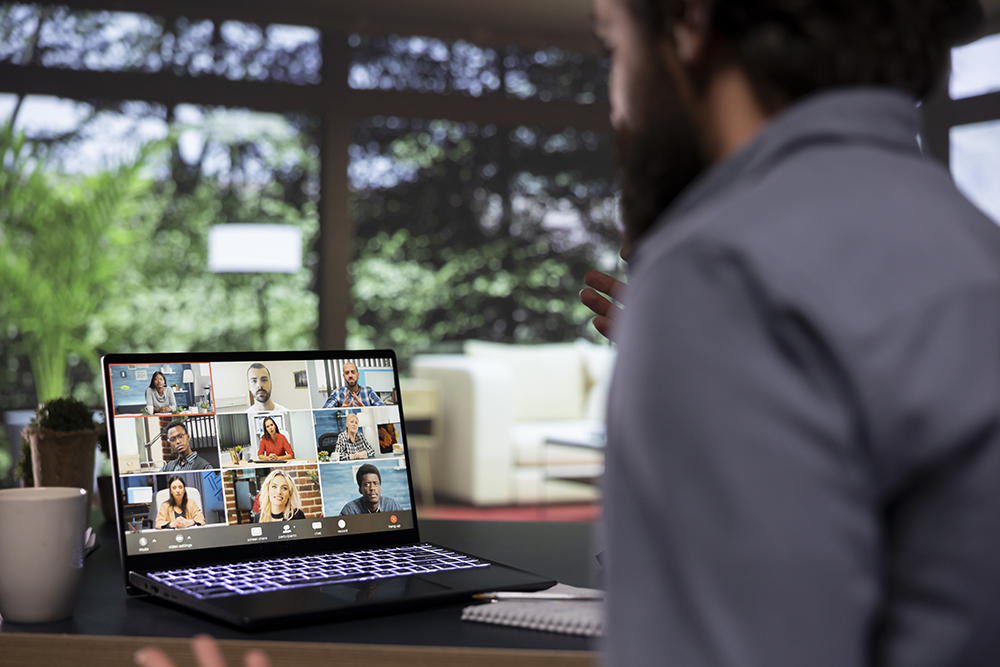Remote Work, Privacy, and Responsible Technology: Steven Meyer shares insight in Swiss national press
In a recent interview with La Liberté, ZENDATA CEO Steven Meyer discussed the evolving balance between workplace flexibility, cybersecurity, and employee privacy. The article, published on 6 November 2025, explored new monitoring capabilities within Microsoft Teams and the boundaries of data protection in remote-work settings.
At a time when the lines between home and office continue to blur, Meyer’s comments highlight a principle that sits at the heart of ZENDATA’s mission: technology must protect, not intrude. His emphasis on transparency, proportionality, and trust reflects how responsible cybersecurity leadership can strengthen both compliance and culture in the digital era.
Below is the full English translation of the article as it appeared in La Liberté.
Read Full Article in French here.
Limited Surveillance
Employee monitoring during remote work follows strict rules and is limited by several laws.
Microsoft Teams will soon include a feature capable of automatically determining whether an employee is physically in the office. A development that may make some employees uneasy.
At the head of ZENDATA, Steven Meyer reassures: he clarifies that the company must first activate this new feature and that the employee must validate it. He adds that Teams is a service that replaces telephones in certain companies. Because of this, emergency numbers need to be able to locate a worker who may be in distress. Likewise, location data can also be useful for improving organisation.
Steven Meyer gives a few examples:
“If I see that a colleague is in the office next door, I’ll go and talk to them directly instead of sending a message. And if I notice that an employee is on the other side of the world and it’s midnight there, I won’t contact them.”
Specialising in cybersecurity, ZENDATA employs people across the globe.
Isn’t this just another way to spy on workers?
“Yes,” Steven Meyer concedes, while stressing that there are already dozens of IT solutions that allow employers to monitor employees.
“A policing-style employer will always find a way to monitor their staff,” he says.
For him, the most important thing is transparency with employees about the technological tools the company uses.
Whether in the office or working remotely, the same rules apply when it comes to surveillance. Data protection and privacy laws limit the employer’s ability to monitor staff. According to lawyer Sandra Gerber, a company must inform its employees if it decides to monitor them — whether through cameras or any other technological system.
Furthermore, the employer must have a legitimate reason for such surveillance, such as safety, health, or productivity. For instance, installing a GPS in a truck may be justified to ensure drivers respect rest times. Similarly, using cameras in shops to prevent theft is acceptable.
However, Sandra Gerber considers automatic recording by “spy systems” of every move made by remote workers to be disproportionate.
“Counting every mouse click to verify whether an employee is really working would be illegal,” she says.
In general, it is forbidden to monitor an employee’s behaviour. When it comes to data protection, the same principle of proportionality applies to personal information.



